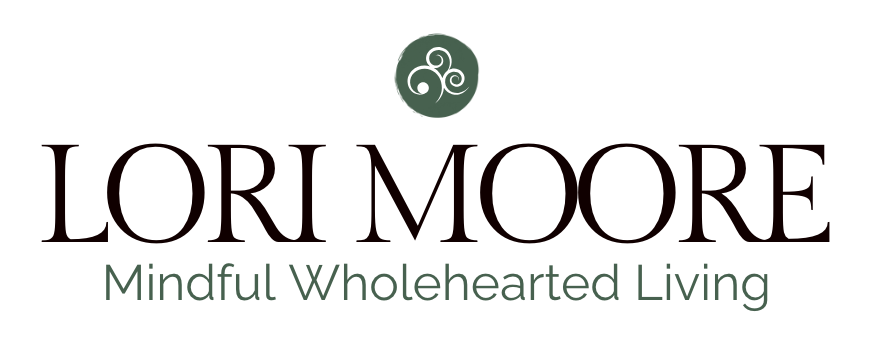I am always surprised when I hear people say that the problem with our addiction to social media is the fact that we crave external validation.
Name me a time in your life when you have been programmed to receive validation any other way?
This paradigm is natural. Right from the minute we are born, we learn behaviours aimed at meeting our most basic needs. These form the foundation of future cues that either please our parents or not and as a result we learn to adjust our behaviour based on their needs and wants to ensure we are seen, loved and cared-for. We know when to be quiet, when to ask for sweets and when our presence brings joy to those around us.
Then we enter society more broadly and learn very quickly that certain behaviours elicit a feeling of goodness within and praise without.
The school system is no different. We all, like herded cattle, get graded against a set of criteria that either means we succeed or fail; the whole time compared to our peers, with very little else taken into account (slowly this is changing, slowly). The only time we are ever asked what our opinion is of our work or self-worth is to see how delusional, or not, we may be.
In every facet of life we are not just required, but actively and systematically forced to understand that external validation is the only kind of validation that exists.
Eventually, we filter into some workplace and if you’re unlucky your desire for external validation may end up even more skewed. Work for a micro-managing boss and you are done for – where every element of your work is graded daily against what they perceive to be good or bad.
Seeking external validation is not your fault. That desire lies deep within the fabric of your soul, removing it is impossible.
And yet, we know two opposing forces can exist at the exact time.
So it isn’t about removing the need for external validation – in fact quite a feat would be near impossible to achieve, but rather, beginning to create pockets of space in your life for internal validation.
Learning what you like about yourself, not based on the views or opinions of others, but more about who you really believe yourself to be deep down. What you really like and dislike. What brings you joy and creates suffering. This can only be achieved by taking time each day for reflection and starting to internally catalogue moments that make you proud of being who you are.
Another way is to look at your work, your creation, your idea and before showing it to someone else or even critiquing it through the eyes of your boss, parent or teacher; first ask yourself what you think and decide how you feel about it.
In all likelihood you will be pleased with yourself and what you have created. Make sure you know why you are happy with it and then when the harsher critiques come through you can confidently decide which are helpful. The rest will slide off as somebody else’s opinion because you no longer crave external validation like you once did ♡
If you are a parent, start to create internal validation cues in your children by first asking what they think of their behaviour, their painting, their award and than match their wording as your own. For eg. “What do you think of your painting?” (bearing in mind that this is the only opinion that really matters). Follow-up with “Why do you love it so much?” or “What about this work makes you proud?” Then affirm their response using mirroring language eg “I really like those colours too, I think you’ve done a great job.”
If there are improvements to be made, be gentle, but always start with positives that reinforce what they think. Depending on their age, you may be met with the scariest response of all “I don’t know”. If this is the case, ask them to have a think and come back to you when they do know. Do not offer an opinion until you know what their’s is.


